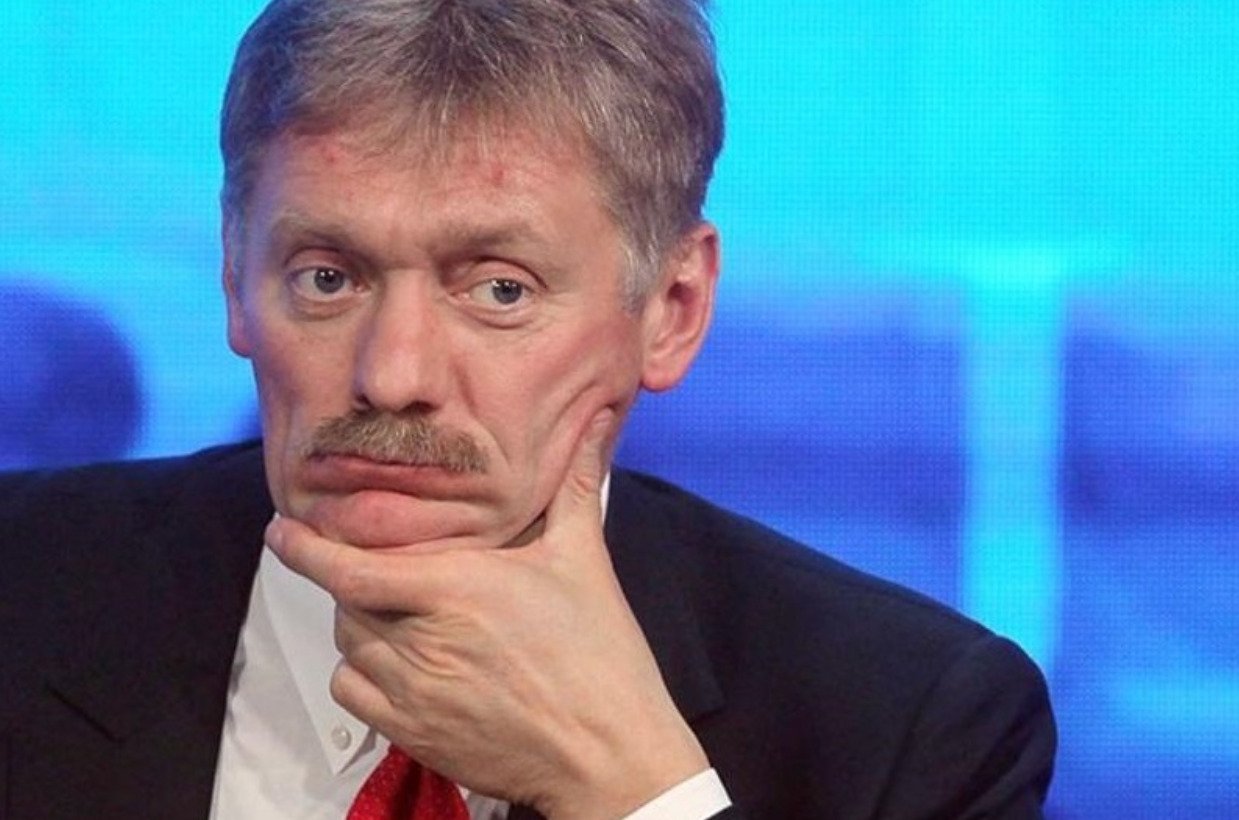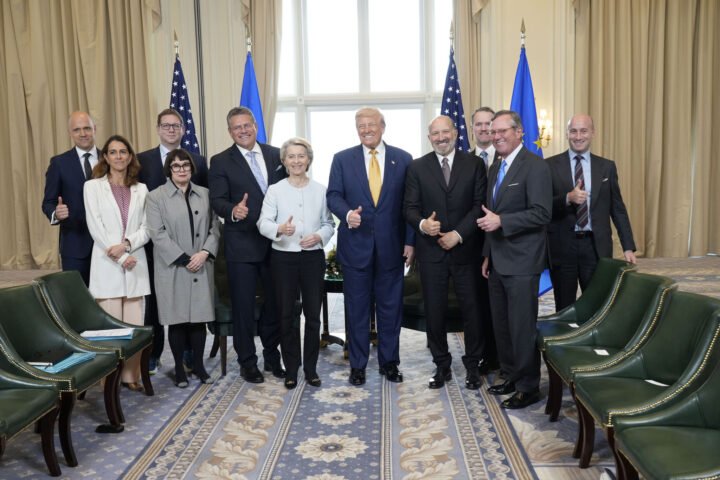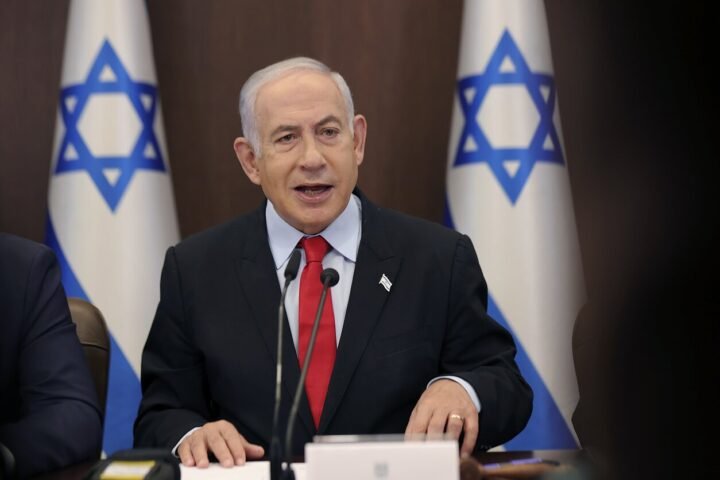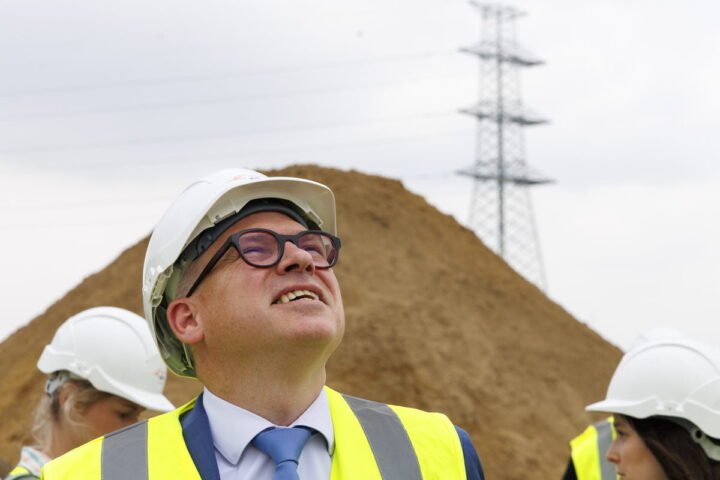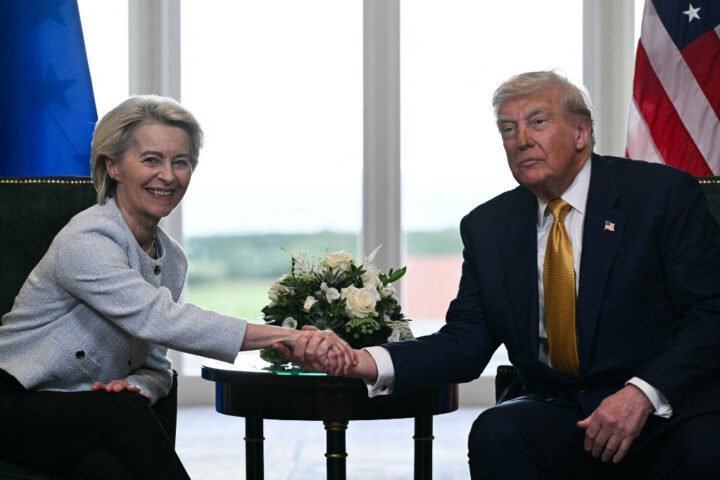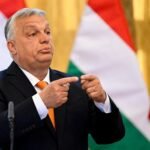In a defiant and provocative interview with Sky News on 20 June 2025, Kremlin spokesman Dmitry Peskov dismissed the idea of a ceasefire with Ukraine, doubling down on Russia’s military aggression. Citing what he described as a “strategic advantage,” Peskov made it clear that Russia intends to push forward in its invasion — not step back.
“We currently have a strategic advantage. Why should we give it up? We are moving forward and will continue to move forward,” Peskov told Sky News.
Peskov’s Statement: More Than Just Words
While the Kremlin portrays this stance as a sign of strength, analysts warn it is part of a broader information warfare campaign. The objective? To demoralize Ukraine’s population and sow doubt among international allies by projecting an image of Russia’s unstoppable advance.
Despite heavy battlefield losses, Russia is attempting to fabricate a sense of inevitability about its territorial gains — a psychological tactic aimed at undermining resistance within Ukraine and weakening global resolve.
Rejection of Diplomacy and International Mediation
By publicly refusing even a temporary ceasefire, Russia is not only ignoring Ukraine’s sovereignty but also undermining mediation efforts by major global players like the United States, China, the Vatican, and Turkey.
Peskov’s remarks stand in direct contradiction to the norms of international diplomacy, signaling that the Kremlin is no longer interested in a good-faith negotiation process, but rather in forcing a settlement on its own terms.
Trump’s Ambiguity: A Tool for Russian Strategy?
The Kremlin has been quick to capitalize on the ambiguous statements made by U.S. political figures — particularly Donald Trump — regarding the war. By exploiting vague or non-committal rhetoric, Moscow is working to destabilize the pro-Ukraine coalition, delay decisions on military and financial aid, and buy time for regrouping and planning future offensives.
This manipulative use of political uncertainty in the West is giving Russia breathing room it wouldn’t otherwise have on the battlefield.
Pushing for Recognition of Occupied Territories
Moscow is actively pursuing a dangerous narrative: that its occupation of Ukrainian territory is a “new reality” that the world must accept. This line of thinking is in direct violation of international law, and reflects a strategy focused not on peace, but on legitimizing aggression.
With every statement like Peskov’s, Russia reinforces its image not as a peace broker, but as a power that seeks to enforce its will through violence.
What This Means for the Peace Process
The Kremlin’s messaging shows no intention of engaging seriously in diplomatic talks. Instead, each peace initiative appears to be a smokescreen, buying time for military preparations rather than signaling genuine interest in resolution.
With such rhetoric dominating the Kremlin’s stance, the international community faces a stark choice: continue strengthening Ukraine’s defense or risk seeing Moscow reshape borders by force.
Final Thought
Peskov’s comments underscore a crucial reality — Russia is not backing down. Its current posture leaves no room for illusions about diplomacy. If peace is to be achieved, it will not be through Kremlin talking points, but through sustained and unified support for Ukraine’s right to defend its sovereignty.
